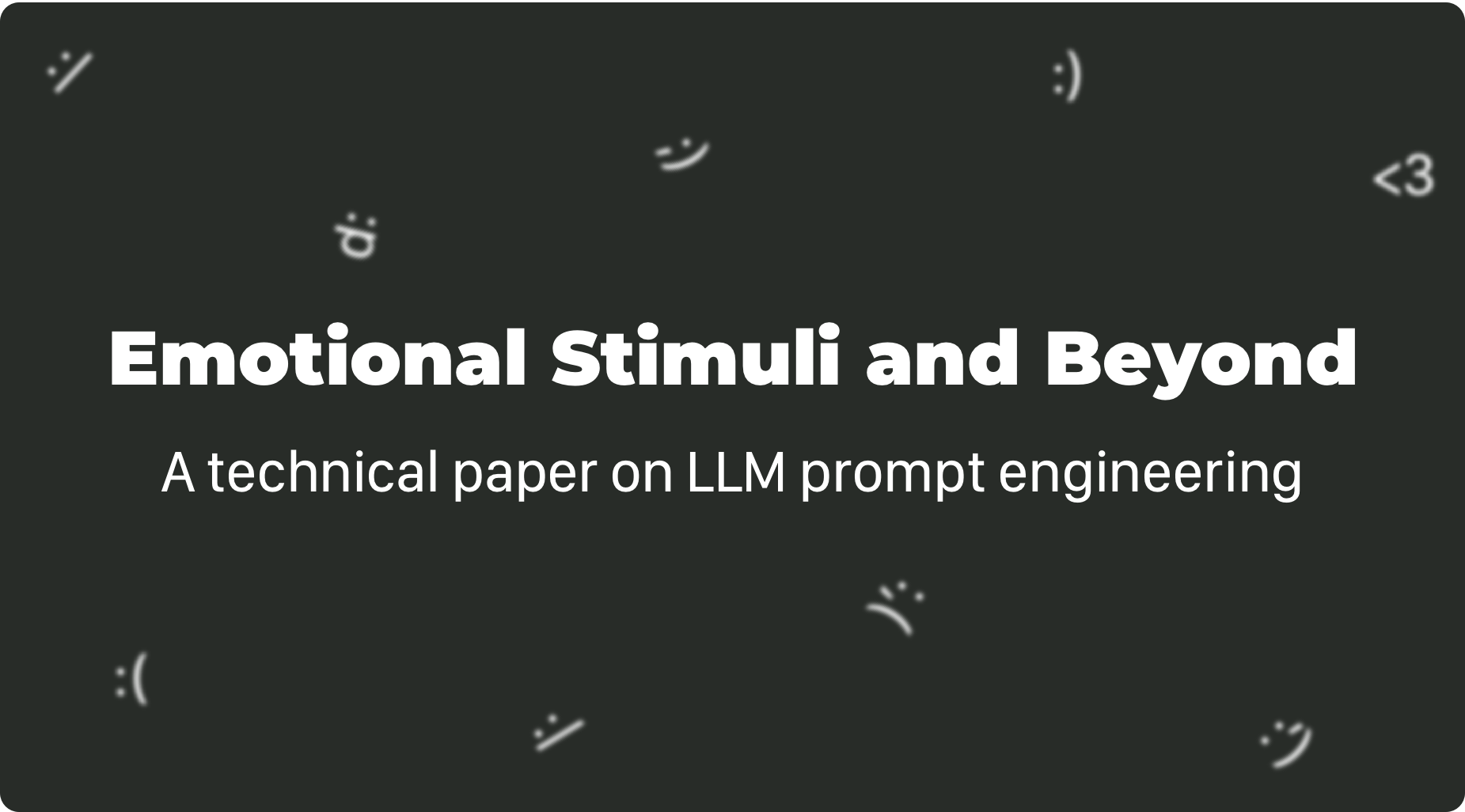
The Power Method, QR Method, and Deflation
A detailed exploration of the Power Method, QR decomposition, and deflation in Julia, complete with step-by-step proofs and implementations for computing eigenvalues, eigenvectors, and singular values.

I’m a Software Engineer at Lockheed Martin Space working on a classified program under the National Security Space division. I have my Bachelor of Science in Computer Science from Carnegie Mellon University. I aim to advance science, tackle complex challenges, and constantly learn. I plan on pursuing a PhD in Computer Science/Machine Learning in the near future.

A detailed exploration of the Power Method, QR decomposition, and deflation in Julia, complete with step-by-step proofs and implementations for computing eigenvalues, eigenvectors, and singular values.

How emotional and contextual prompts shape LLM behavior—practical patterns (persona, context, few-shot, self-checks) and where each helps.

A Carnegie Mellon professor once told me, “99% of graduating seniors in computer science can’t even write QuickSort. What are we doing?” This project showcases my robust implementations of common CS algorithms.

A game-based learning platform built in Unity and Django that challenges users with puzzle creation and reinforces STEM literacy, computational thinking, and social-emotional learning.

A dynamic ecosystem simulator in Python that generates randomized terrains, evolving animal populations, real-time graphs, and random mutations to model ecological complexity.

A fast-paced song-recognition game built in a 24-hour hackathon using speech recognition, YouTube and Genius Lyrics APIs—guess the song from the lyrics you sing.

Two hand-crafted personal websites built with Sketch design, then coded in HTML and CSS.

A FileMaker Pro–based help desk system deployed across a school district to manage over 5,000 support tickets during COVID-19, enabling efficient problem resolution under emergency conditions.

An iPadOS app designed to manage and spend student points for thousands of users, integrating Google Sheets scripts and Google APIs to streamline point tracking across 4,000+ devices.

An Optical Music Recognition tool using OpenCV, MIDI, and Raspberry Pi to read sheet music and play it back—bridging physical music notation with digital audio.
A deceptively innocent analog horror game crafted in Unity, now in early solo development—designed to conceal its terrifying depth beneath a familiar surface.
I graduated from Carnegie Mellon University with a Bachelor of Science in Computer Science and a minor in Software Engineering. Today, I continue my relationship with the university by conducting research with Professor Adam Perer on visualizing and auditing generative AI image models.
I thrive in fast-paced, experimental environments. I love coding, and I love learning even more. I’m not afraid when things break — that’s just a learning opportunity presenting itself. That’s why I’ve worked for multiple startups in the past as Software Engineer, including MIDL Technology and Playspaces Studios.
I love working with nonprofit organizations. In the past, I worked with Rewiring America to help build their incentives visualizer — an interactive map of the United States that allows users to see where electrification tax incentives are available in the country. This tool saves users thousands of dollars a year in tax relief.
I’ve held three positions on the executive board of Habitat for Humanity, including one that involved building homes for those in need in Houston, Texas. Other community involvement activities include studying abroad in Spain, participating in Students Using Data for Social Good, and more.
I currently work at Lockheed Martin Space as Software Engineer. The classified program is under the National Security Space division. I take deep pride in the work I contribute to.
Looking ahead, I hope to conduct graduate studies for Computer Science.